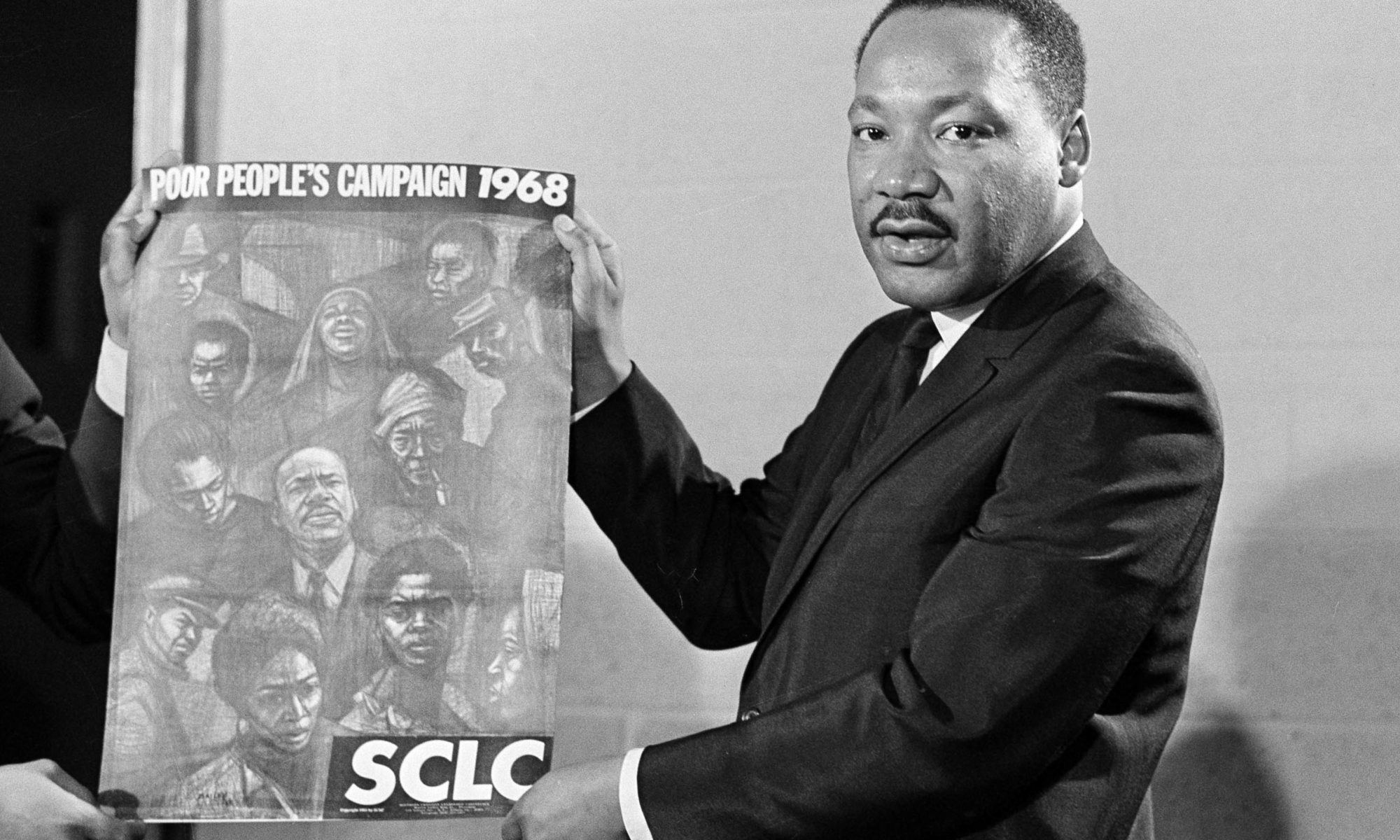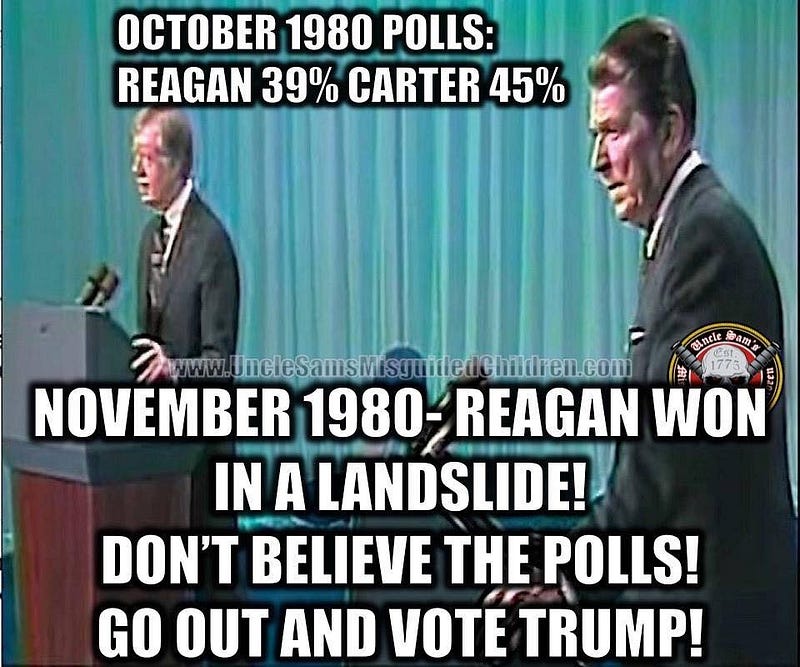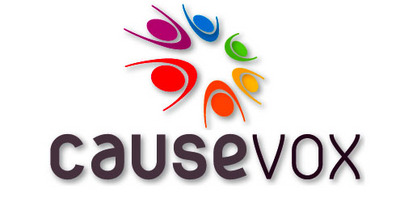
On May 19, 2019, Carlos Gregorio Hernandez Vasquez, a 16-year old Guatemalan migrant was taken into custody by US Border. Last week, a video obtained by ProPublica shows Border Patrol officials held the sick teen, who had already been diagnosed with a 103-degree fever by a nurse, locked in a concrete cell without any medical attention where his condition worsened. He died by the next morning and his body was not discovered until his cellmate alerted guards.
Customs and Border Protection’s (CBP) acting commissioner at the time, John Sanders, called Carlos’ death a “tragic loss.” However, this damning video shows that guards ignored him despite an obviously ill Carlos, writhed in pain, vomited blood, and collapsed on the floor where he lay for four-and-a-half hours until his cellmate notified guards when he discovered Carlos’s collapsed body in the morning.
“Why is a teenaged boy in a jail facility at all if he is sick with a transmissible illness? Why isn’t he at a hospital or at a home or clinic where he can get a warm bed, fluids, supervised attention and medical care? He is not a criminal,” said Dr. Judy Melinek, a San Francisco-based forensic pathologist who reviewed records of Carlos’ death at the request of ProPublica.
Carlos crossed the border along with 144,000 other migrants. Once in custody, he was separated from his adult sister to be processed at the McAllen processing center. That warehouse was already beyond capacity. When a nurse diagnosed Carlos with possible flu given his high fever and chills, rather than take him to a hospital and notify his sister, he was put into isolation to avoid contaminating other held migrants.
Children and teenagers crossing the border illegally without parents or guardians generally must be placed with the Office of Refugee Resettlement at the Department of Health and Human Services (HHS) within 72 hours. But in May, HHS and CBP were at overcapacity.
In a spot check soon after Carlos died, the DHS inspector general reported that a third of the 2,800 unaccompanied minors in CBP custody in the Rio Grande Valley had been there longer than 72 hours.
Why are any children or people seeking asylum in cages as if they were inmates? Also, the agency held Carlos for six days, though the agency is supposed to transfer children within 72 hours. Within 72 hours? That is not acceptable.
The entire legal framework of the processing and holding of migrants is unacceptable, unethical, and a human rights violation as designated by the United Nations. More information as to the laws and regulations can be found here.
The question must be asked:
WHY ARE CHILDREN SEPARATED AT ALL?
The border situation has changed since Carlos’ death. As reported by ProPublica:
- CBP now has 250 health staffers at its facilities across the Southwest
- Border Patrol cells have largely emptied out since July.
- HHS is building out its shelter capacity from 15,000 beds to 20,000, with emergency influx facilities that can handle thousands more.
- The number of migrants crossing the border has declined sharply due to the Migrant Protection Protocols program, which sends them to wait in dangerous Mexican border cities while U.S. courts consider their immigration and asylum claims.
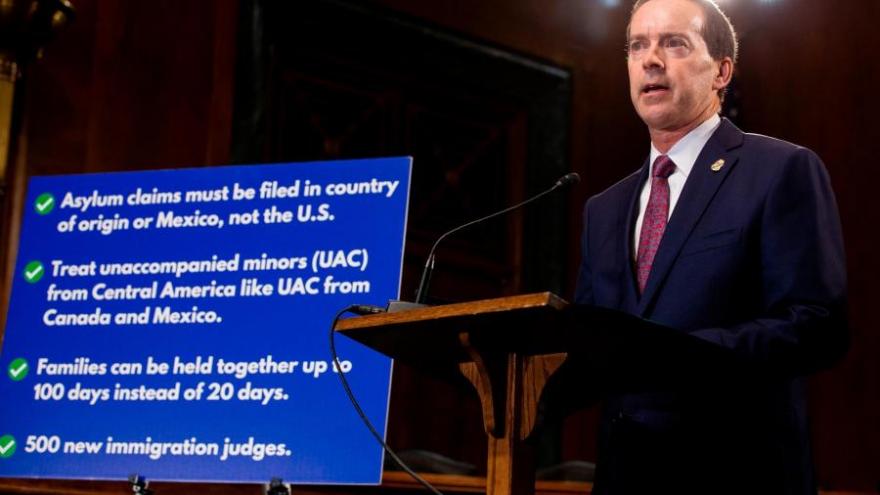
John Sanders resigned soon after Carlos’s death, citing unprepared agencies and an unresponsive Congress that allowed children in custody to suffer in harsh conditions
“I really think the American government failed these people. The government failed people like Carlos,” Sanders said. “I was part of that system at a very high level, and Carlos’ death will follow me for the rest of my life.”
When I say RIP, I mean Rest In Power. Carlos’ and other kids’ deaths and abuse and trauma should not be in vain. When will Congress respond?
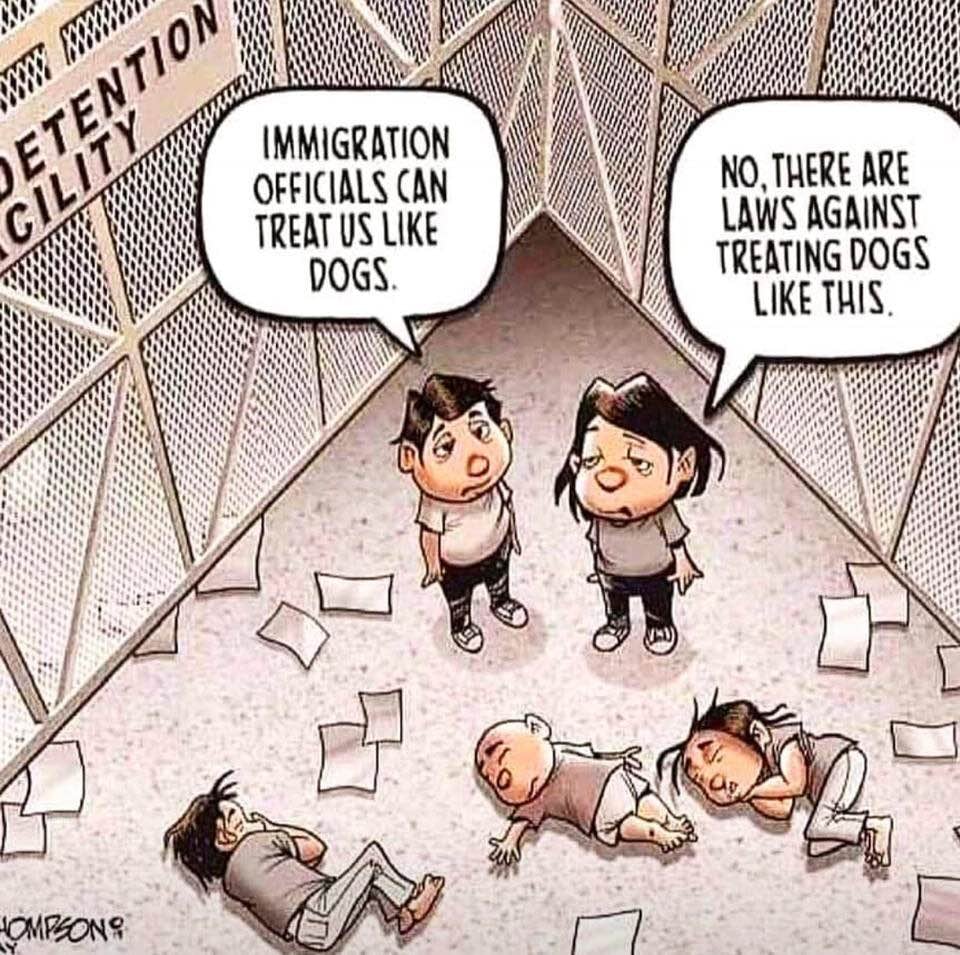
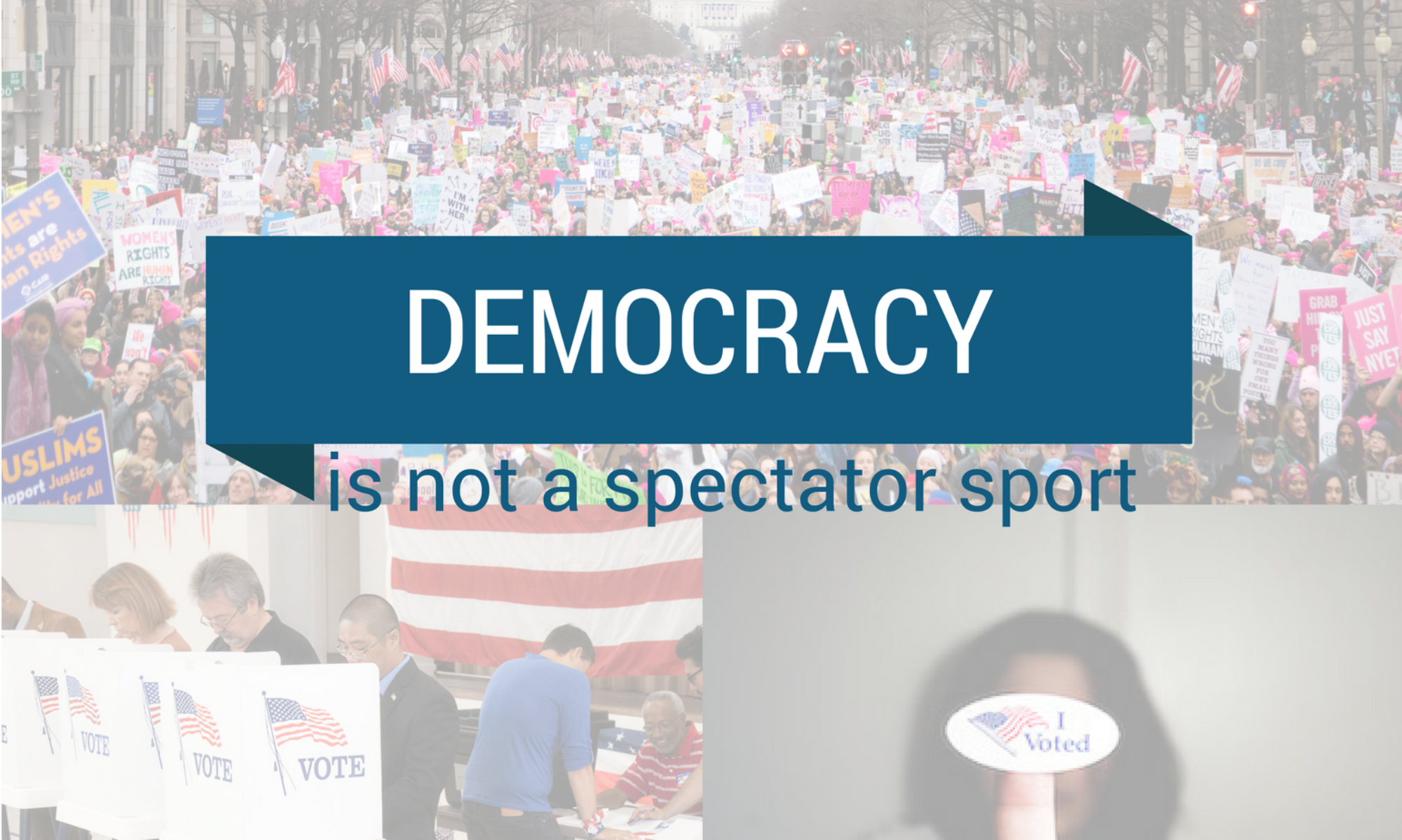
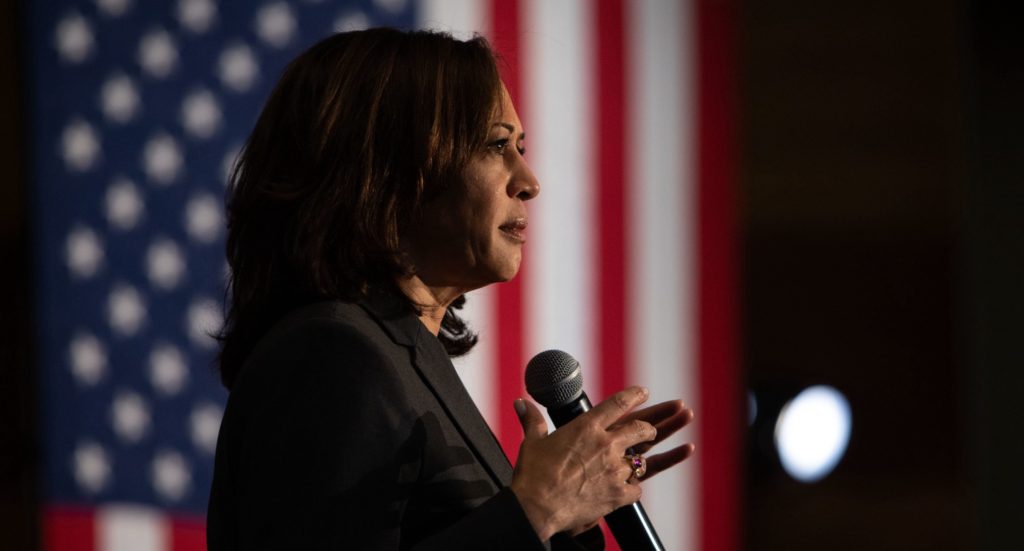
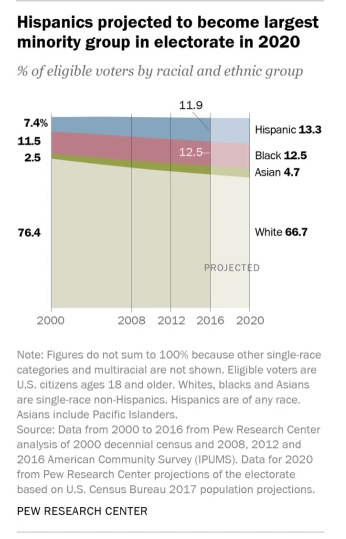

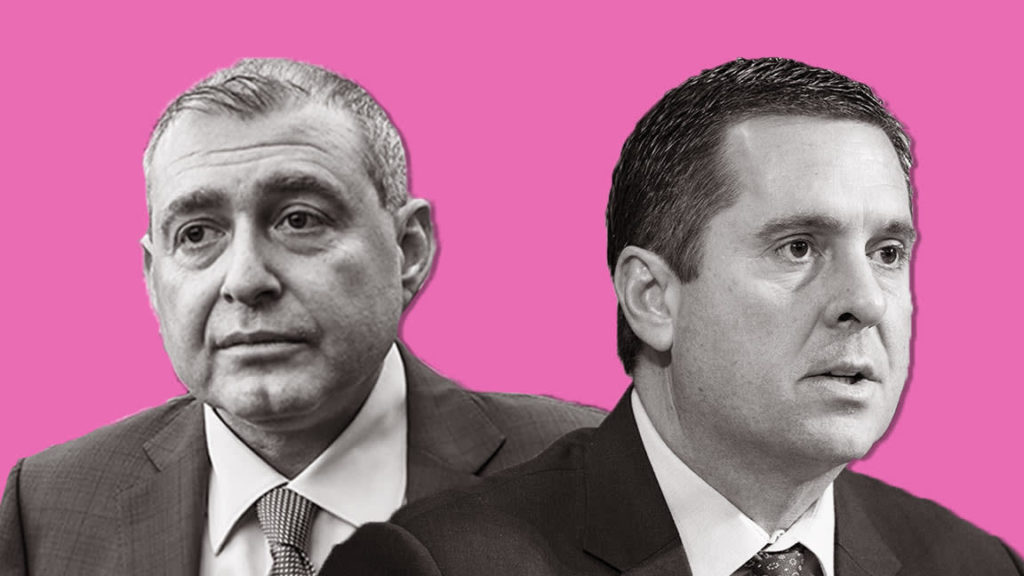
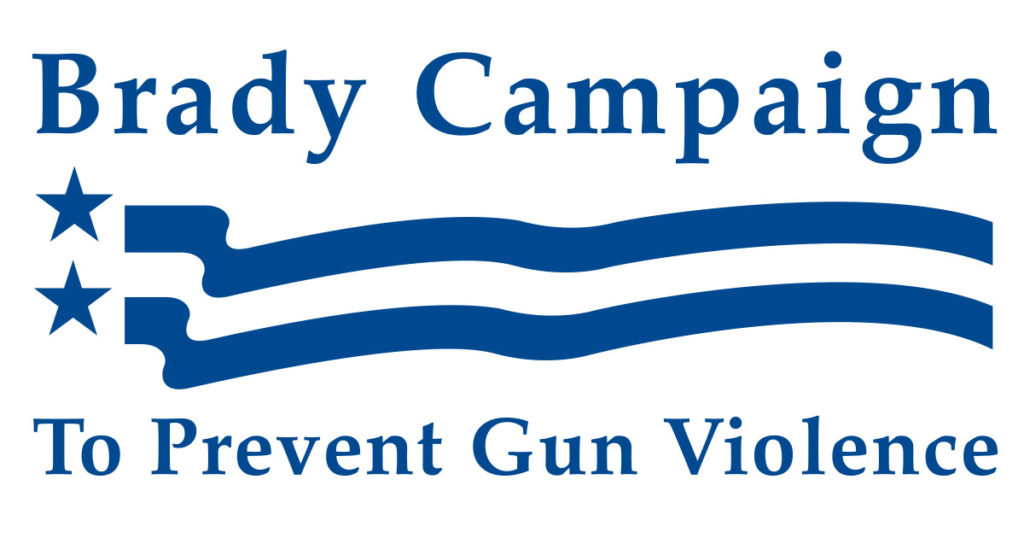

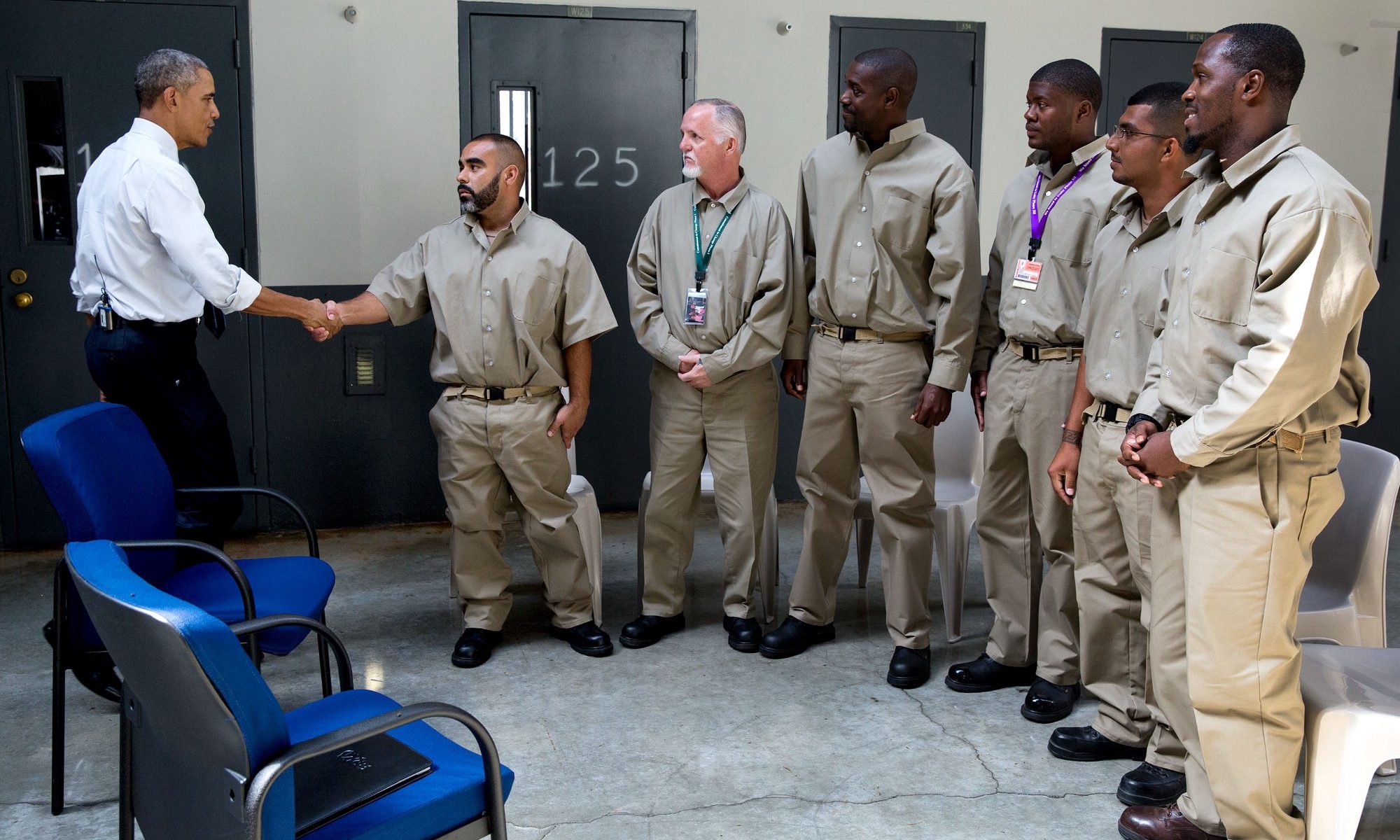
 The President and his DOJ staff have been on a roll. On Dec 19, he pardoned 78 people and granted another 153 commutations —
The President and his DOJ staff have been on a roll. On Dec 19, he pardoned 78 people and granted another 153 commutations — 